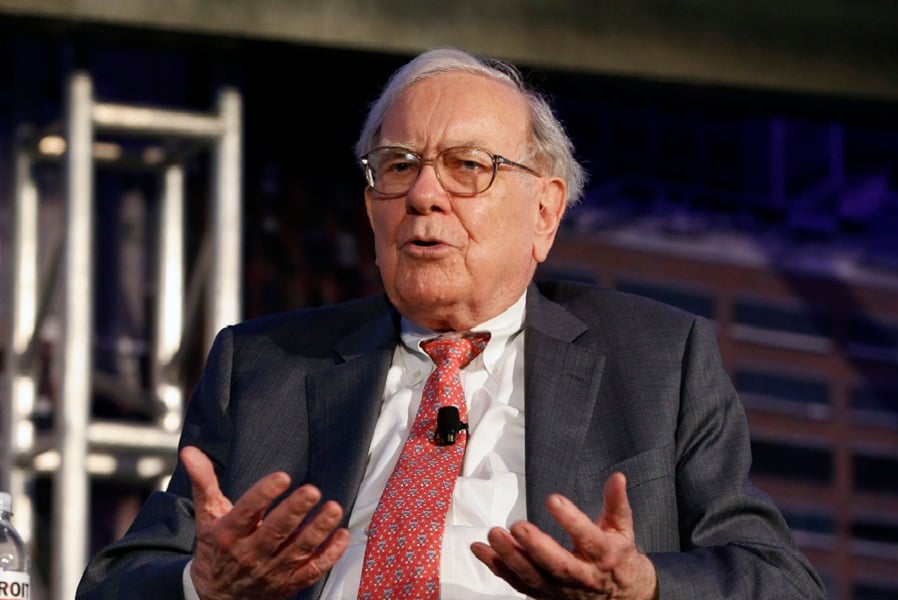Warren Buffett's latest
annual letter to Berkshire Hathaway shareholders is out, and because it's the 50th anniversary, the letter offers a little something extra. Both Mr. Buffett and his second-in-command Vice-Chairman Charlie Munger have sections about what they think the
next 50 years of Berkshire are going to look like.
Mr. Munger's section (which starts on page 39) goes into detail about the Buffett method for running a company. He focuses a lot on Berkshire Hathaway's willingness to let the various CEOs of its subsidiaries to operate with autonomy. Mr. Munger also describes what he sees as the four factors that allowed Berkshire Hathaway to boom under Mr. Buffett.
Mr. Munger writes:
Why did Berkshire under Buffett do so well?
Only four large factors occur to me:
(1) The constructive peculiarities of Buffett,
(2) The constructive peculiarities of the Berkshire system,
(3) Good luck, and
(4) The weirdly intense, contagious devotion of some shareholders and other admirers, including some in the press.
I believe all four factors were present and helpful. But the heavy freight was carried by the constructive peculiarities, the weird devotion, and their interactions.
Mr. Munger follows that up with an explanation of how the "constructive peculiarities" of Mr. Buffett and the Berkshire System created a "virtuous circle" that allowed the company to thrive. The idea, essentially, is that letting great companies and great CEOs thrive independently within Berkshire made more great companies, and CEOs want to join in.
(More: Berkshire Profit Falls 17% to $4.16 Billion on Investments)
From Mr. Munger:
Buffett was, in effect, using the winning method of the famous basketball coach, John Wooden, who won most regularly after he had learned to assign virtually all playing time to his seven best players. That way, opponents always faced his best players, instead of his second best. And, with the extra playing time, the best players improved more than was normal.
And Buffett much out-Woodened Wooden, because in his case the exercise of skill was concentrated in one person, not seven, and his skill improved and improved as he got older and older during 50 years, instead of deteriorating like the skill of a basketball player does.
Moreover, by concentrating so much power and authority in the often-long-serving CEOs of important subsidiaries, Buffett was also creating strong Wooden-type effects there. And such effects enhanced the skills of the CEOs and the achievements of the subsidiaries.
Then, as the Berkshire system bestowed much-desired autonomy on many subsidiaries and their CEOs, and Berkshire became successful and well known, these outcomes attracted both more and better subsidiaries into Berkshire, and better CEOs as well.
And the better subsidiaries and CEOs then required less attention from headquarters, creating what is often called a “virtuous circle.”







